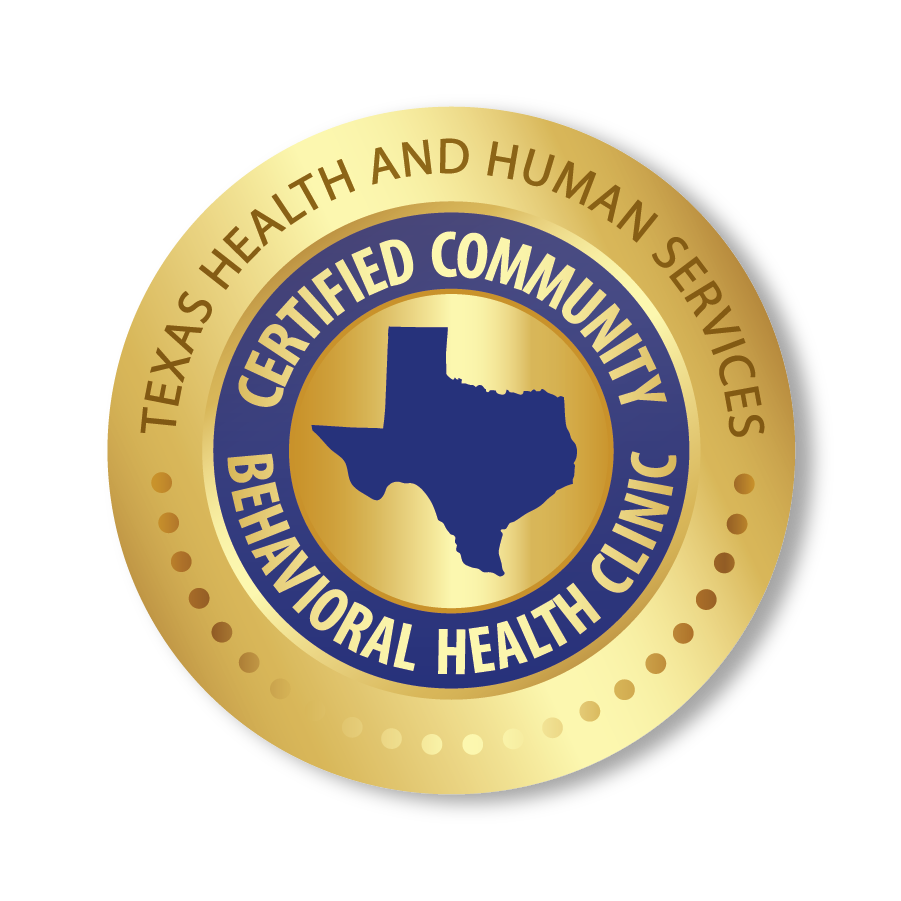

Toll Free:
1-888-819-5312
Main Phone: 361-777-3991
Fax: 361-777-2940
If you need an appointment outside of normal business hours please contact our Toll Free number above.
24/7 CRISIS HOT-LINE
1-800-841-6467
YOUTH EMPOWERMENT SERVICES INQUIRY LINE
1-800-831-6467
Main Location
200 Marriott Drive,
Portland, Texas 78374

Texas Dept. of State Health Services
1-800-252-8154
or Dept. of Aging & Disability Services (DADS):
1-800-458-9858
Disability Rights Texas
(Advocacy, Inc.)
504 E. Dove, Suite A
McAllen, TX 78504
1-800-880-8401 (voice/TDD)
You have the right to make a complaint about services you receive.
You also have the right to learn about Disability Rights Texas. This is a special group that helps protect your rights. They are independent from DADS and DSHS, and their job is to speak up for you.
If you have Medicaid and your services are denied or ended, you can appeal. You can contact the rights officer or ask for a fair hearing. To request a hearing, write to the DADS or DSHS Medicaid office. Call the rights officer for more details.
If you think you’ve been abused or neglected, report it to:
- Texas Department of Family and Protective Services (DFPS) at 1-800-647-7418 (if CPIH staff has abused someone)
- Children’s Protective Services or Adult Protective Services at 1-800-252-5400
You can contact:
Amy Stratton
Rights Officer
200 Marriott Drive
Portland, TX 78374
(361) 777-3991 or
1-888-819-5312
RightsOffice@coastalplainsctr.org
Your Rights
- Right to Choose Services:
You can choose if you want services, unless a court tells you to receive them or you have a legal guardian. We can’t force you to get services here. However, if a doctor thinks you might harm yourself or others, or if you’re at risk, you may be kept in the hospital for up to 48 hours for evaluation (called emergency detention). You also have the right to a hearing before any rights are taken away from you. - Rights of Citizens:
As a U.S. citizen, you have certain rights, like:- Getting fair treatment, no matter your race, religion, gender, nationality, age, or disability.
- The right to vote, practice your religion, get married, sue or be sued, and other rights unless a judge has taken those rights away.
- Right to Be Informed of Your Rights:
Before you agree to services, you will be given a copy of your rights. We will explain them in a way you can understand, like in English, Spanish, Sign Language, or Braille.
More Rights as a Consumer of Services
- Consent to Treatment: You can’t be forced to receive services unless a judge orders it.
- Treatment in the Least Restrictive Setting: We try to provide services that prevent you from needing to stay in the hospital.
- Recovery Treatment Planning: You will work with staff to create a plan for your treatment, setting goals, and deciding how we can help you.
- Confidentiality: Your personal information will not be shared with others without your permission.
- Revoking Consent: You can stop receiving services at any time or tell us to stop sharing your information with certain people.
- Access to Your Records: You can see your records, but a doctor may limit access if it could harm you.
- Information About Hospitalization: If you are hospitalized, you will be told about it.
Your Responsibilities
- Keep Appointments: Be on time for your appointments.
- Cancel in Advance: If you can’t make it, call at least 24 hours ahead to cancel.
- Pay Fees: Pay for services based on what you can afford.
- Follow Your Plan: Be active in your treatment by setting goals and following your recovery plan. This may include taking medications, attending meetings, or learning new skills.
- Stay in Touch: Keep in contact with your service providers like your case manager or nurse.
- Share Information: Let your treatment team know about any changes that might affect your treatment, like medication problems, mood changes, or family issues.
- Respect Others: Treat everyone with respect and dignity, including staff and other people receiving services.
- Safety: Do not bring weapons (like knives or guns) or be under the influence of drugs or alcohol on the property.
- Good Behavior: Use good manners, dress appropriately, avoid using bad language, and respect others’ privacy.
Remember: These rules help make sure everyone is treated fairly and safely